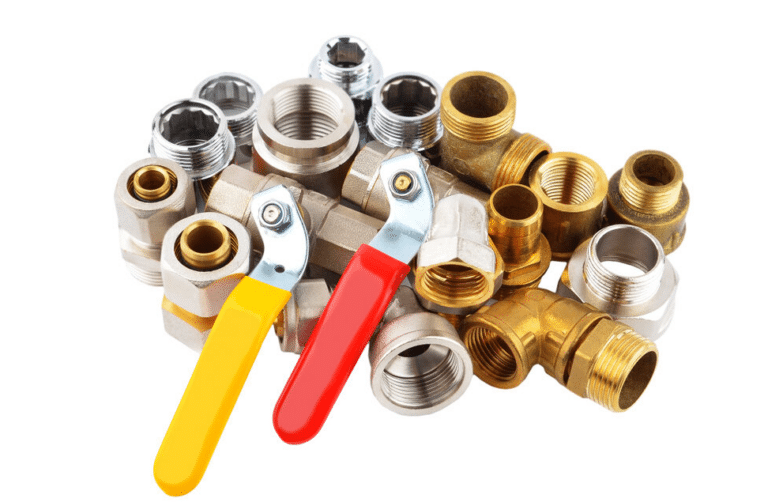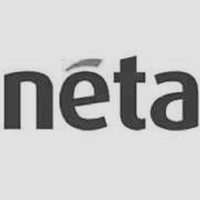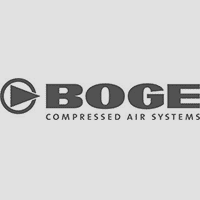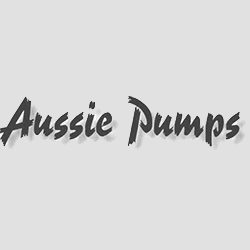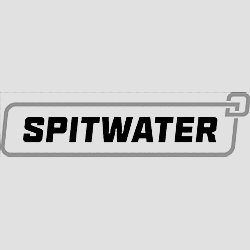Understanding the intricacies of hydraulic systems is vital for the optimal functioning and safety of your machinery, and central to this is selecting the appropriate hydraulic fittings. These components act as connectors between the various parts of a hydraulic system, facilitating the secure flow of hydraulic fluid. Let’s take a deeper look into the types of hydraulic fittings, factors to consider when choosing them and best practices for their usage.
Understanding the Different Types of Hydraulic Fittings
Straight Fittings
Straight fittings are the most straightforward types that you will come across. They serve to extend a hydraulic line and don’t change the direction of the flow. These are commonly used in areas where you have ample space, and the tubes or hoses can run in a straight line without any hindrance.
Elbow Fittings
As the name suggests, elbow fittings allow for a change in the flow direction. They come in various angles, most commonly 45 or 90 degrees, and are vital when you need to navigate around obstacles or fit hoses in tight spaces.
Tee & Cross Fittings
Tee fittings divide the flow into two directions, whereas cross fittings can divide it into three directions. These are commonly used in more complex hydraulic systems where multiple flow paths are required.
Adapter Fittings
Sometimes, you’ll need to connect components with different sizes or standards. That’s when adapter fittings come in handy. They adjust the size and thread configuration so that you can connect components seamlessly.
Key Factors to Consider When Choosing a Hydraulic Fitting
Material
Consider the type of fluid that will pass through the fitting, as well as the environmental conditions, to decide on the most suitable material. Ryco fittings offer a range of materials such as stainless steel and brass, providing reliable options for various applications.
Pressure Rating
Different hydraulic fittings have different pressure ratings. Always opt for fittings that can handle the maximum pressure of your hydraulic system to ensure safety and efficiency.
Compatibility
Make sure that the fitting is compatible with the hoses and other components in your hydraulic system. Mismatching can lead to leakage and reduce the system’s lifespan.
Best Practices for Using Hydraulic Fittings Safely
Regular Maintenance
Inspect your hydraulic fittings regularly to ensure that they are in good condition. Neglected fittings are more likely to fail and can lead to hazardous situations.
Quality Matters
Always invest in high-quality hydraulic fittings, such as Ryco fittings, to ensure a longer lifespan and better performance of your hydraulic systems.
Proper Installation
Incorrectly installed hydraulic fittings can compromise the entire system. Make sure to follow manufacturer guidelines during installation. If you’re in doubt, professional help is always recommended.
Choosing the right hydraulic fittings is not just a matter of connecting parts; it’s about ensuring that your system runs safely and efficiently. Norosco in Rockhampton is your go-to source for quality Ryco fittings, filters and accessories built to meet all your hydraulic needs. So go ahead, make an informed choice and keep that hydraulic system of yours running like a well-oiled machine.

